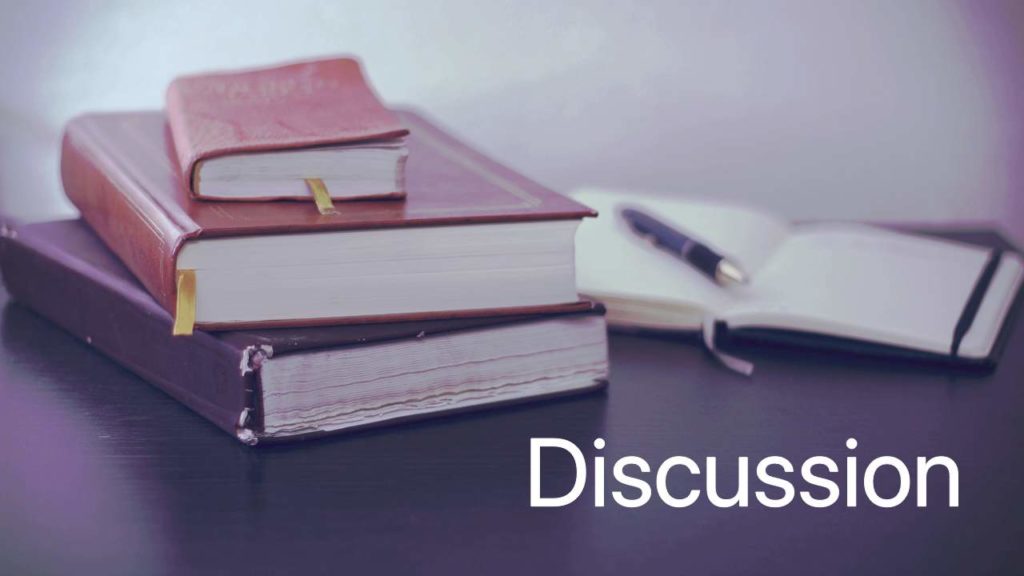Thanks to these two bloggers for sponsoring the 2021 Blog Discussion Challenge:
- Nicole at Feed Your Fiction Addiction
- Shannon at It Starts at Midnight
You can join the discussion challenge at any time during 2021 by clicking on either link above.
Between the post-publication recall of Blake Bailey’s biography of Philip Roth and the cancelation of contracts for upcoming political books, my head is spinning. This will probably be quite a rambling discussion, because I am truly of two minds on these kinds of issues.
‘There Is a Tension There’: Publishers Draw Fire for Signing Trump Officials
The New York Times reports that, after “backing out of a deal with Senator Josh Hawley, a prominent supporter of former President Donald J. Trump,” Simon & Schuster has announced that it will publish two books by former Vice-President Mike Pence. On Monday many staff members at S&S presented a petition to management demanding the company end the deal with Pence. The authors of this article also talked with others in the publishing industry, including management at other publishers, literary agents, and public relations firms.
In another era, book deals with former White House officials were viewed as prestigious and uncontroversial, and major publishers have long maintained that putting out books from across the political spectrum is not only good for business but an essential part of their mission. In today’s hyperpartisan environment, however, Simon & Schuster has become a test case for how publishers are trying to draw a line over who is acceptable to publish . . .
According to the article, many publishing insiders now “acknowledge that there are certain ideological lines that they won’t cross. Some said they wouldn’t acquire books by politicians or pundits who questioned the results of the presidential election. Another bright line is working with people who promoted the false narratives or conspiracy theories that Mr. Trump espoused.”
It’s tempting to think of this issue as a blatant example of censorship, but it is not. As the S&S employees wrote in a letter accompanying their petition to management: ““Let’s be clear: the First Amendment protects free speech from legal encroachment. It in no way calls for publishing companies to publish all viewpoints.”
The same issue came up in March when the company that controls publication of works by Dr. Seuss announced that it would no longer publish six of his works because of their racist imagery. The government may not stop dissemination of certain ideas, but publishing companies—which are, after all, businesses—are free to choose what products they make and sell.
On the other hand, who gets to decide what ideas are appropriate for publication and what ones aren’t? In the current climate that calls for more diversity in publishing, these difficult questions call for specific answers.
Simon & Schuster Employees Submit Petition Demanding No Deals With Trump Administration Authors
The Wall Street Journal offers a more focused look at the business angle of the dispute between Simon & Schuster employees and writers, and management:
An employee petition at Simon & Schuster demanding that the company stop publishing authors associated with the Trump administration collected 216 internal signatures and several thousand outside supporters, including well-known Black writers. . . . The petition demands that the company refrain from publishing a memoir by former Vice President Mike Pence. The letter asks Simon & Schuster not to treat “the Trump administration as a ‘normal’ chapter in American history.”
“Among the more than 3,500 outside supporters, according to a letter accompanying the petition, were writers of color including Jesmyn Ward, a two-time winner of the National Book Award for fiction.”
The employee pushback against Mr. Pence’s book underscores the challenges publishers face in releasing politically sensitive books that are commercially attractive. Major publishers generally want to give a platform to authors with a range of viewpoints, but don’t want to alienate portions of their workforce or customer base.
The petition and letter were submitted to Simon & Schuster Chief Executive Jonathan Karp and Dana Canedy, “publisher of Simon & Schuster’s flagship imprint.” In reply, “Mr. Karp last week said in his internal letter that Simon & Schuster’s core mission includes publishing ‘a diversity of voices and perspectives.’”
Norton Takes Philip Roth Biography Out of Print
The other major publishing story currently playing out is the recall of Blake Bailey’s Philip Roth: The Biography “following allegations that Mr. Bailey sexually assaulted multiple women and behaved inappropriately toward his students when he was an eighth grade English teacher.”
Bailey’s biography of Roth was published earlier this month (April 2021) and has been widely promoted by the publisher. Norton is also discontinuing printing, distribution, and promotion of Blake Bailey’s memoir, The Splendid Things We Planned (2014).
The New York Times quotes Julia A. Reidhead, president of Norton:
“As a publisher, Norton gives its authors a powerful platform in the civic space. With that power comes the responsibility to balance our commitment to our authors, our recognition of our public role, and our knowledge of our nation’s historic failure to adequately listen to and respect the voices of women and diverse groups,” Ms. Reidhead wrote.
Suzanne Nossel, chief executive of the literary organization PEN America, told the Times that Norton’s action “risked establishing a new, troubling norm that could narrow the range of ideas and information available to readers.”
Bailey has denied the allegations, and his lawyer “called Norton’s response to the allegations ‘troubling and unwarranted.’”
Ron Charles, book critic for the Washington Post, typically has a sensible take on literary matters, so I’ll let him have the last word here: “I think this week marks a sea change in publishers’ interest in their authors’ behavior.” He continues:
new voices are starting to assert a different set of judgments about what they think is important, valid and entertaining. . . . Books are not wholly self-contained creations; they retain their moral and financial connections to their authors. Ignoring those connections and pretending that a book floats in a vacuum is the privilege of people protected from discrimination, erasure and assault. . . . The bold professionals who are standing up to their management will fight to bring us books from authors who for too long were excluded or diminished while publishers prided themselves on their pure liberal values.
What Do You Think?
1. Should books by insiders from the previous administration be published? If they are published, will you read them?
I certainly have no interest in reading a book by Mike Pence, Kellyanne Conway, or any of the other people involved in devaluing the press or promulgating white supremacist or insurrectionist activity. But should those books remain unpublished?
2. What about books written by authors of questionable repute?
Since this is the USA, we should assume someone is innocent until proven guilty. But in cases where allegations are made before a book comes out, shouldn’t a publisher be responsible for examining the situation before giving a writer and public platform? And I’m especially bothered when some of the allegations involve predatory treatment of children.
© 2021 by Mary Daniels Brown



These are very thorny questions. My immediate thought is don’t publish books that are socially irresponible, that could do harm. But then we don’t have a common definition of social responsibility and who gets to decide it.
Exactly, Liz. If these books get published, we are each free to choose whether to purchase or read them. But if they’re not published, we don’t get that choice. On the other hand, do we want publishers to give a further platform to people who advocate blatant racism, falsehoods, or illegal activities (such as insurrection)? Not easy questions to answer.